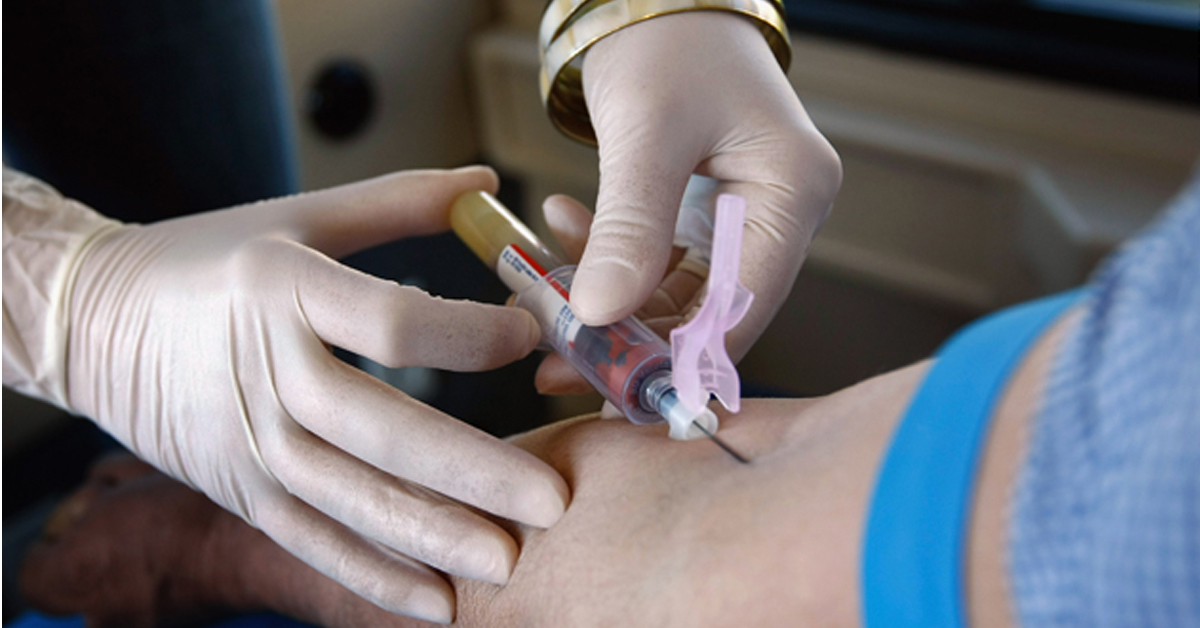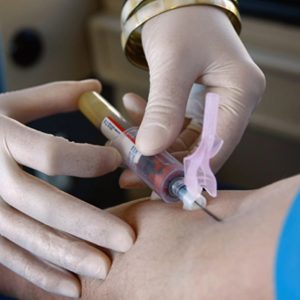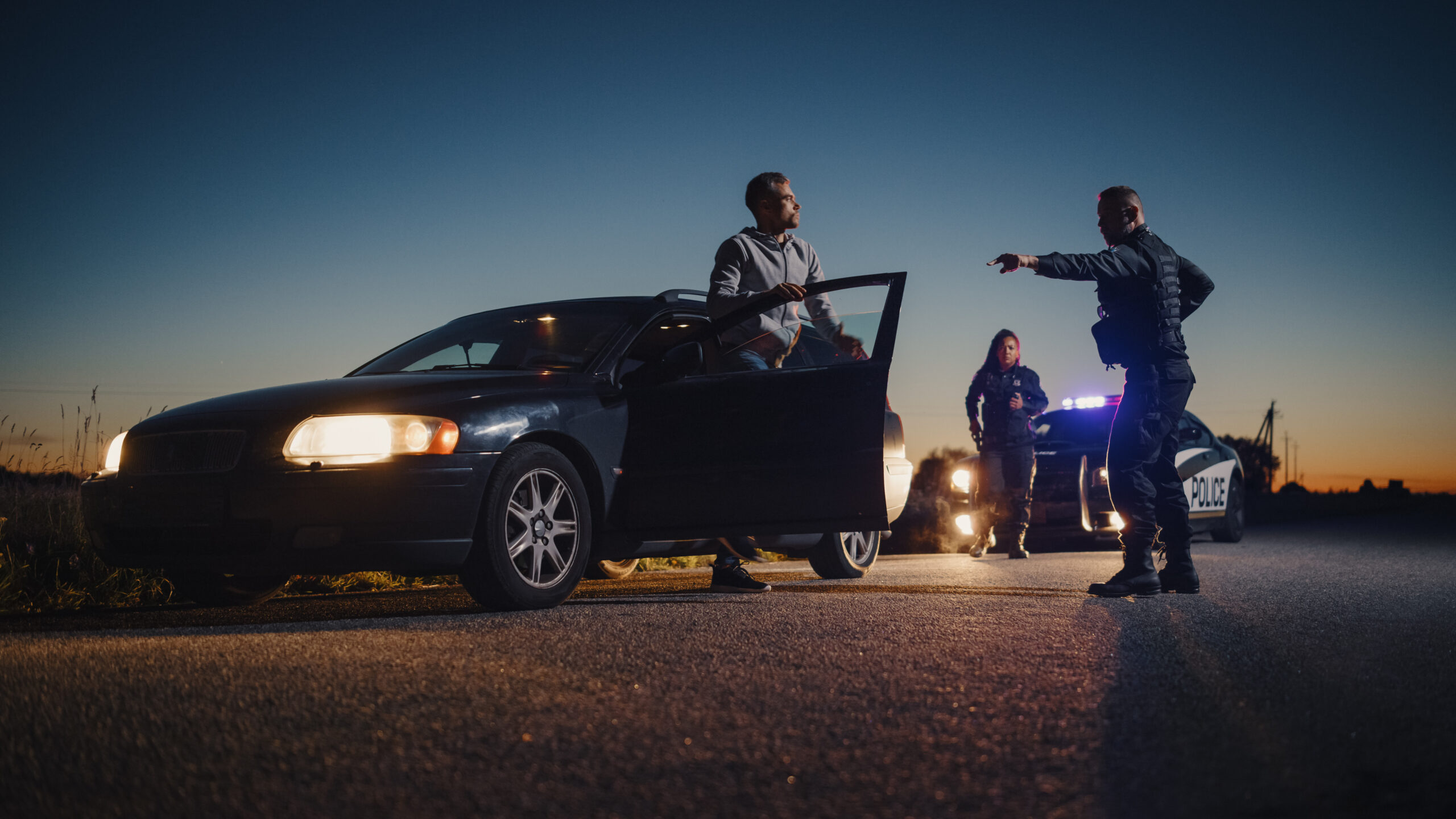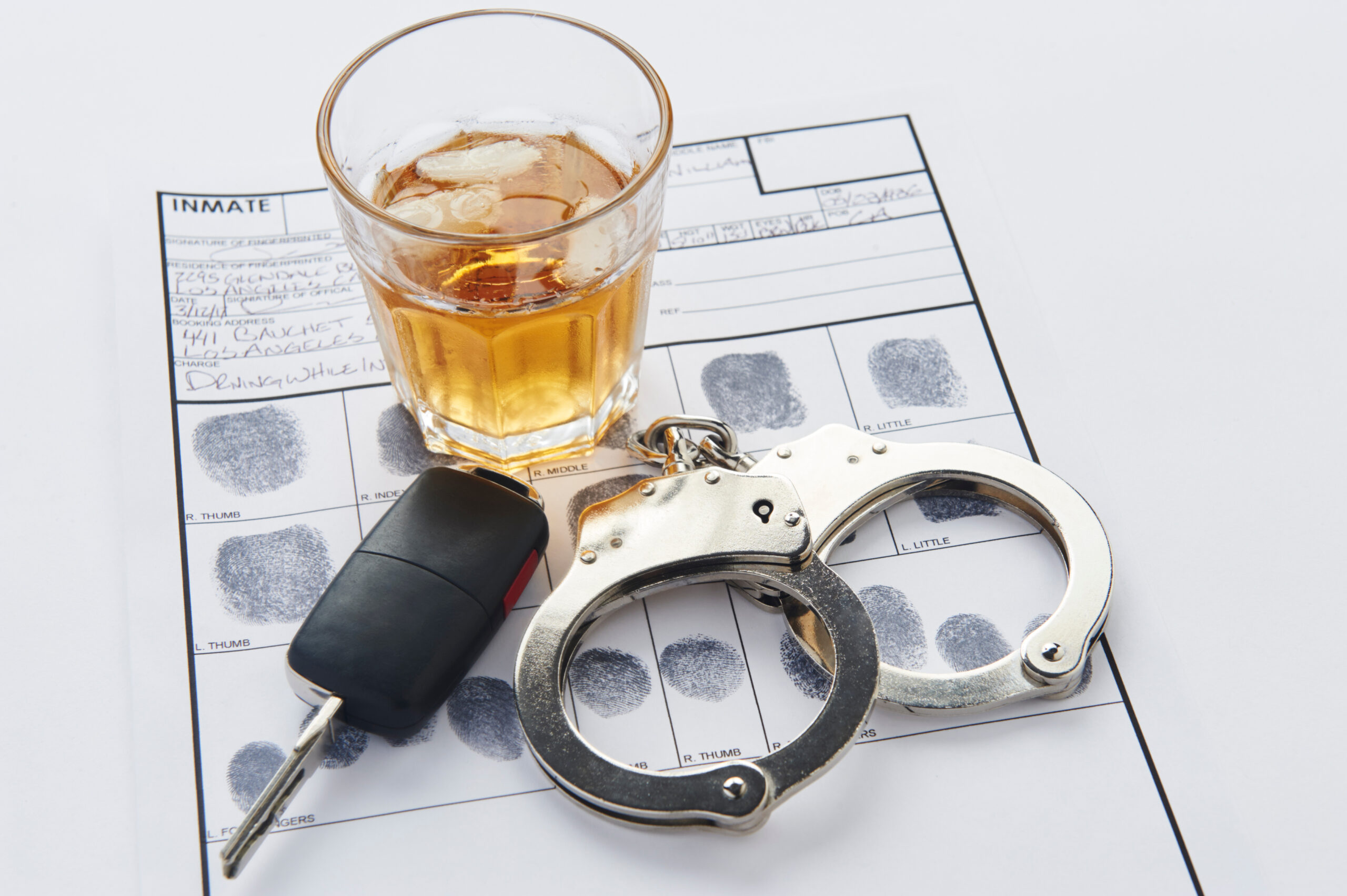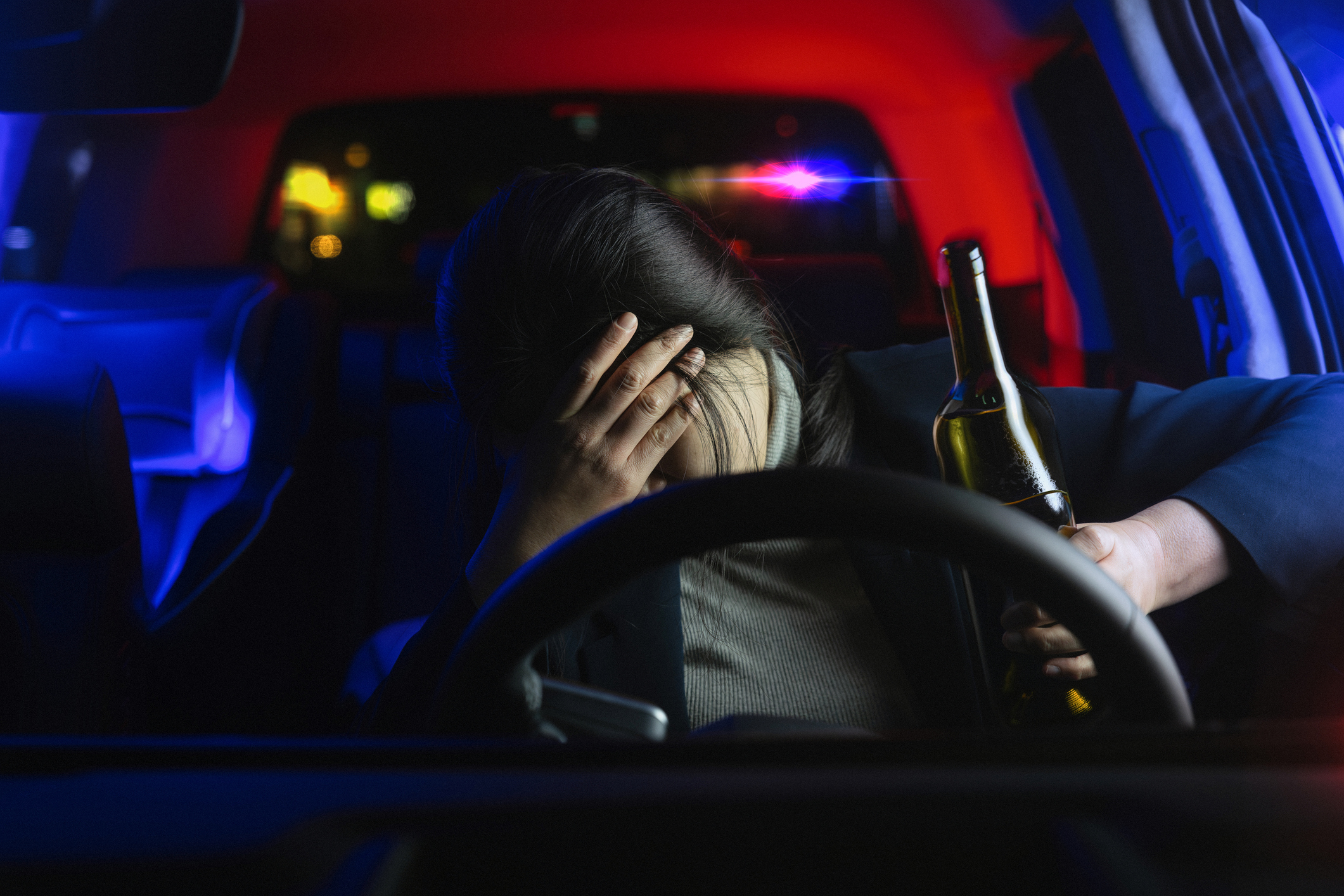Drivers Have No Right to Select Type of DUI Test –
Law enforcement officials are able to administer a few different types of chemical tests to ascertain if a motorist is intoxicated. These include a Breathalyzer test as well as blood and urine tests. Some motorists operate under the assumption that they are able to select the type of test they desire to take when it comes to determining whether or not they are operating a motor vehicle while under the influence. The reality in Pennsylvania is that motorists do not have the right to select which type of chemical test is undertaken to determine sobriety and alcohol levels.
Pennsylvania Supreme Court Decision
The Pennsylvania Supreme Court took up this issue in December 2015. In a case before the highest court in commonwealth, the justices ruled that a motorist in Pennsylvania does not have the right to select which type of test is to be administered. Indeed, the Supreme Court took it a step further and ruled that the request of a motorist to take a specific type of test – even though law enforcement has made a decision to administer another test – amounts to a refusal under applicable law.
The Supreme Court makes clear in the decision that a driver cannot negotiate the type of test to be used with a law enforcement official. In the end, it is an all or nothing proposition. A motorist must either submit to the test requested by a police officer, or that individual will be categorized as having refused to take the chemical test.
Seek an Experienced Pennsylvania DUI Attorney
When a person is arrested for DUI, seeking and retaining legal counsel promptly is a must. A skilled, capable Pennsylvania DUI lawyer will be able to mount a meaningful defense to charges stemming from an allegation of driving under the influence.
As a general rule, an attorney will schedule an initial consultation with a prospective client at no cost to that individual. During this session, a Pennsylvania DUI lawyer will lay out potential strategies for defending a case, including in a situation in which a motorist refused or is deemed to have refused a chemical sobriety test.

